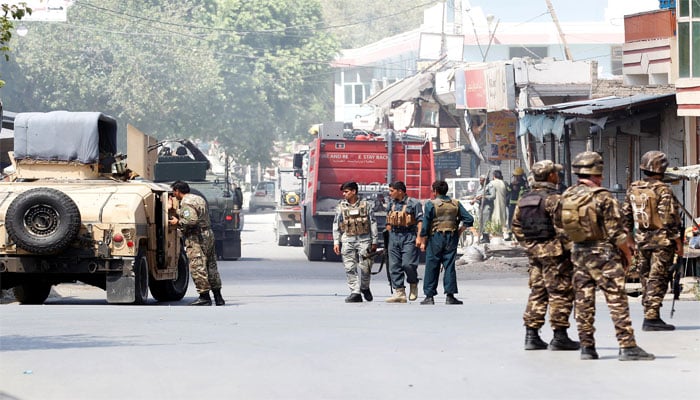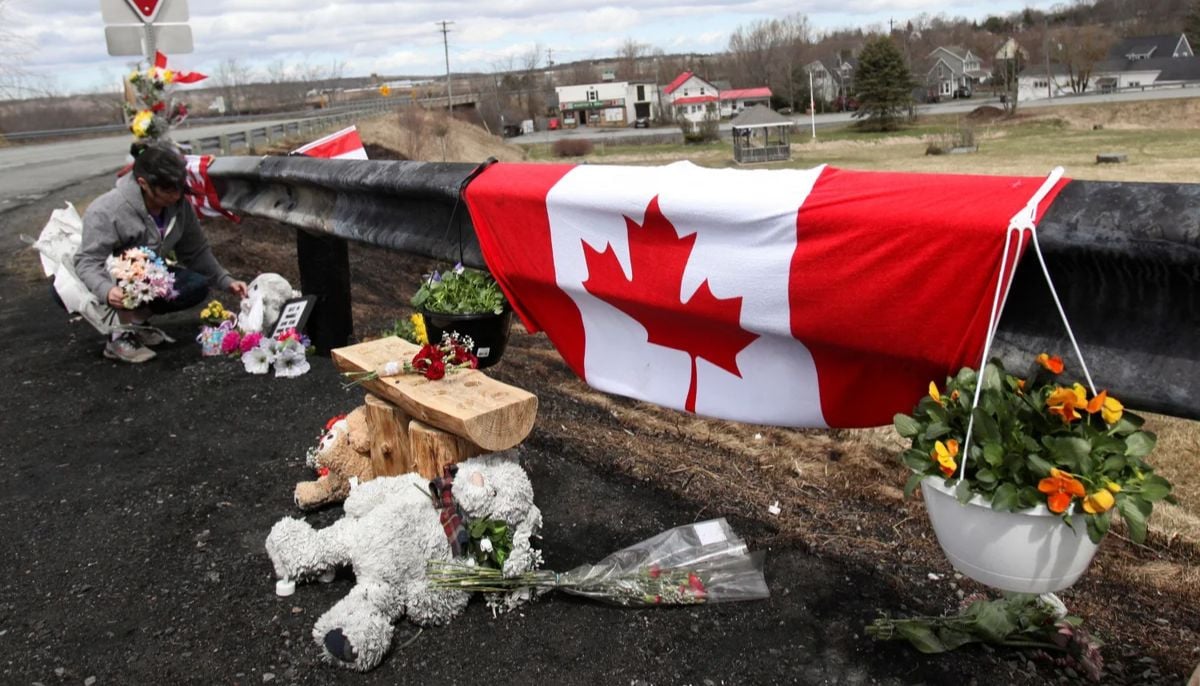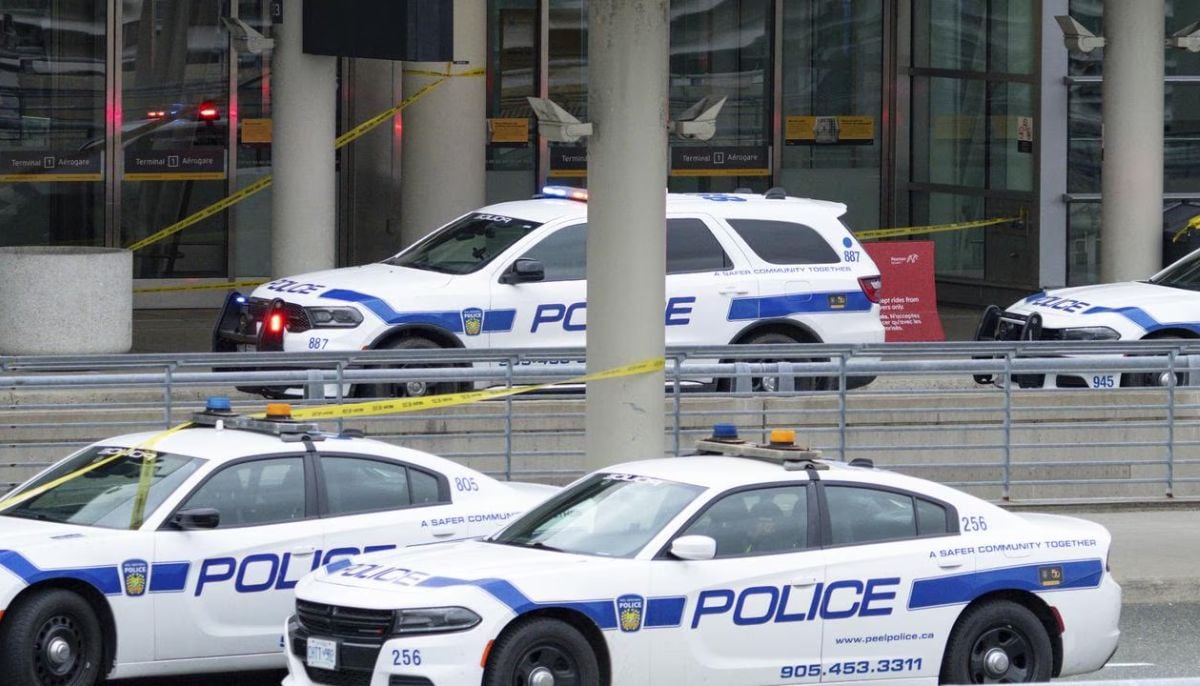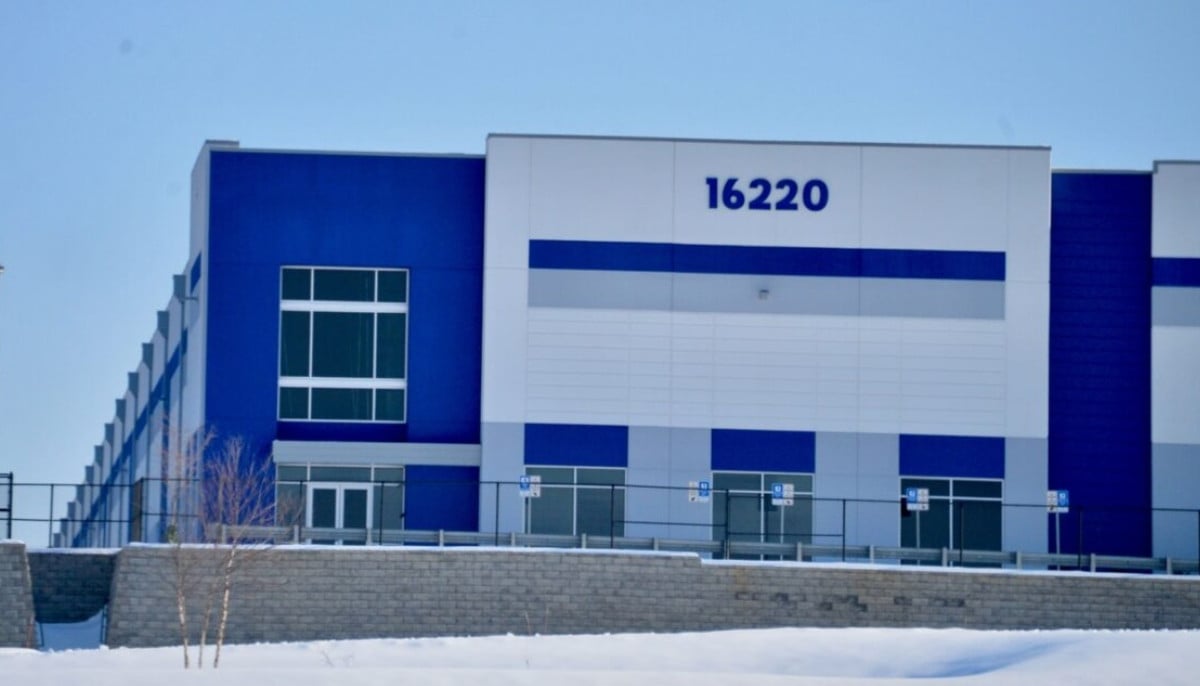Dozens killed in Afghanistan attacks as violence continues
A Taliban attack on an Afghan military outpost killed up to 44 policemen and soldiers on Wednesday, while a separate suicide blast in Kabul killed at least 48 people as a relentless wave of violence continued across Afghanistan.
KABUL: A Taliban attack on an Afghan military outpost killed up to 44 policemen and soldiers on Wednesday, while a separate suicide blast in Kabul killed at least 48 people as a relentless wave of violence continued across Afghanistan.
Local officials in the northern province of Baghlan said at least nine policemen and 35 soldiers were killed in the attack early on Wednesday, the latest of a series that has killed dozens of members of the security forces nationwide.
Later in the day, weeks of relative calm in Kabul were shattered by a suicide attack on an educational centre in the west of the Afghan capital that killed at least 48 people and wounded 67.
The attacks, which came as the central city of Ghazni struggles to recover from five days of intense fighting, underlined how hard the insurgents have been pressuring badly stretched local security forces.
There was no immediate claim of responsibility for the Kabul blast but the attack bore the hallmark of Daesh, which has conducted many previous attacks. The Taliban issued a statement denying it was involved.
The United Nations Assistance Mission in Afghanistan called for the fighting to stop, saying up to 150 civilians are estimated to have been killed in Ghazni, where the public hospital was overwhelmed and water and electricity supplies cut.
“The extreme human suffering caused by the fighting in Ghazni highlights the urgent need for the war in Afghanistan to end,” the top U.N. official in Afghanistan, Tadamichi Yamamoto, said in a statement.
TALIBAN PULLBACK
The Taliban, who launched their Ghazni assault last Friday and battled Afghan forces backed by U.S. air strikes in the middle of the city for days, said their fighters were pulled out to prevent further harm to the city’s population.
“They were facing severe shortages of food and drinking water as the power supply was also suspended two days ago,” a Taliban commander, who declined to be identified, said by telephone.
The International Committee of the Red Cross said it was providing dressing packages and oral and intravenous medicine to treat the wounded, along with electricity generators and fresh water for about 18,000 people.
The Ghazni attack, one of the Taliban’s most devastating in years, has clouded hopes for peace talks that had been prompted by an unprecedented ceasefire during the Eid celebration in June and a meeting last month between Taliban officials and a senior U.S. diplomat.
Two senior Taliban leaders told Reuters this week the group was considering announcing a ceasefire for the feast of Eid-al Adha, which begins next week, but the future of any peace process remained uncertain.
With parliamentary elections due on Oct. 20, the government had been bracing for more attacks in Kabul and other cities, but even so, the scale of the violence has come as a shock to a government facing bitter criticism over its handling of the war.
In the southern province of Zabul, Taliban insurgents clashed with soldiers on Tuesday, forcing the government to send reinforcements from neighbouring provinces to retain control of two checkposts.
The clashes killed 11 soldiers and one policeman, with three soldiers wounded, said Haji Atta Jan Haqbayan, a Zabul provincial council member.
Separately, six girls younger than 10 were killed when an unexploded mortar they picked up to play with suddenly exploded on Wednesday, officials in the eastern province of Laghman said.
-
Tumbler Ridge school shooting among Canada’s deadliest — Here’s where it ranks
-
Suspect detained as authorities probe Nancy Guthrie’s abduction
-
Tumbler Ridge tragedy: Nine killed, 25 injured after school shooting in British Columbia
-
Who owns the Ambassador Bridge? New report links owner Matthew Moroun to Trump’s threat
-
ICE detention center plan sparks controversy in Maryland as lawmakers push back
-
Blood pressure medication recalled after wrong tablets found in bottles
-
Wind chill returns with brutal cold as polar vortex stalls over Canada
-
Costco $20 rule explained as employee pay climbs across North America












